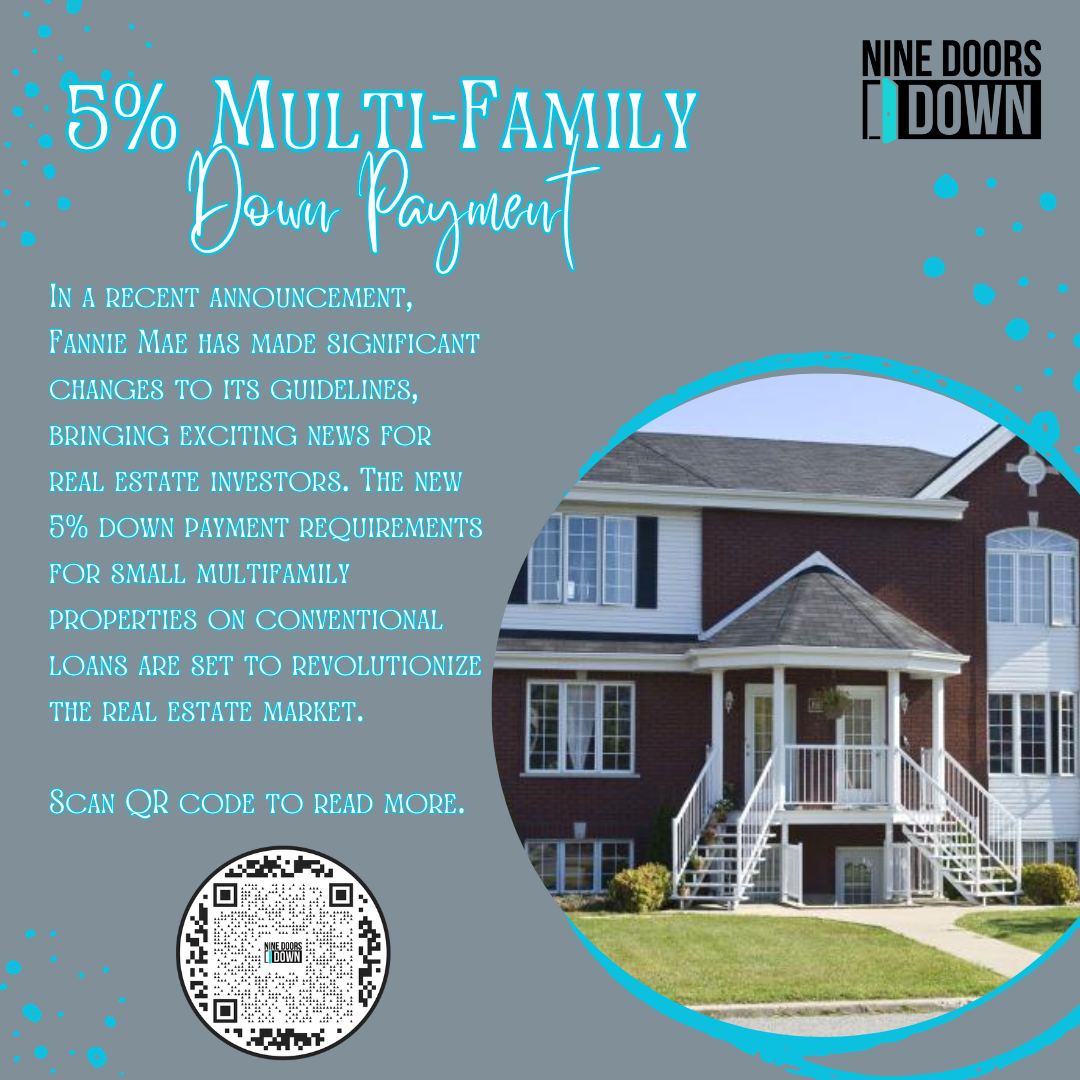| How Millennials and “Forever Renters” Are Changing Real Estate In the United States, home prices are at an all-time high. The National Association of REALTORS® reports that the median home price rose 15% from the previous year. But how specifically are millennials and Generation Z affected by this property market? The millennial generation currently has the biggest population in the nation. In contrast to 31 in 1981, the median age of a home buyer was 45 this year. As homebuyers age older, other life events like starting a family, getting married, and retiring also tend to be postponed. Millions of Americans are unsure whether they will always be renters. In fact, according to research from Apartment List, “18% of millennial renters say they plan to rent forever” (up from 11% in 2018). This is great news for real estate investors, but not so great for the typical American looking to purchase a home. The home market for investors could undergo a significant change as a result of perpetual renting. The likelihood that real estate investors will continue to earn more money each year is very high. What led to the difficult housing market? The increase in housing costs is due to six factors. Fluctuating changes in mortgage rates A lack of housing supply An increase in building material prices Gas costs High inflation All-cash offers and corporations The real estate sector saw historically low interest rates of 2.65% in January 2021 at the outset of the pandemic. These rates persisted through 2022 before rising to 5.78%. Housing supply couldn’t keep up with demand, and the problems in the supply chain led to an increase in the price of building materials. As well as the most costly nationwide average petrol prices in 40 years, Americans are currently facing the highest rates of inflation. This entire situation has made it incredibly challenging to purchase a property. Since the pandemic, there has been a sharp increase in corporations making all-cash bids on single-family homes in the real estate market. Many Americans have been priced out by these large buyouts. While wages have only increased by 11% over the past ten years, the typical housing price has increased by nearly 30%. These businesses are acquiring residences to convert them into Airbnbs and rentals, which is distorting the supply of available properties for sale. How will the industry be affected by perpetual renting? 1. Economic RepercussionsAn ever-renting housing dynamic will have repercussions on the economy. It’s not hard to envisage someone nearing retirement age with an added cost of rent rather than a paid-off mortgage, making it harder to make ends meet. Homeownership is one of the most significant investments people make to develop wealth in this country. The current housing market combined with inflation will eventually prevent people from being able to save money. The Economist reports that Americans are saving less money than they have at any time since the financial crisis.However, becoming a landlord will only increase in value. Renting out more homes will generate demand for more investment properties, boosting earnings for real estate investors. Real estate investors’ wealth will typically expand more than that of other people. 2. More Leasing Agents Are NeededThere is a risk that the number of leasing brokers will rise if rental rates in the U.S. continue to rise. Leasing brokers will be in demand for their abilities to help tenants find exclusive apartments within their price range, review leases to make sure tenants get the greatest deal, and assist tenants in locating rent-controlled properties, among other things. Rents are under pressure to rise as a result of renters’ competition with a constrained supply and rising demand. According to research from Realtor.com®, rent is predicted to increase by 7.1% over the course of the next 12 months. 3. Rise in Digital Real Estate InnovationI think there will be a need for digital innovation in the rental market. Sadly, the real estate sector has historically been sluggish to adapt technology advancements, but given the significant market developments, now is the time to start putting plans in place to prevent harm to bottom lines. Property technology tools are readily available to real estate professionals. With a digital touch point at each stage of a renter’s journey, from listing to signing the lease, the rental business can now handle enormous quantities of rental applications. 4. On multiple listing services, rentals are becoming more prevalent (MLSs)Currently, a lot of rental properties handled by agents don’t make it into an MLS, which serves as the authoritative source for all real estate listings in a given locality. MLSs should reconsider how they are handling rentals in light of the growing demand for rentals and rising number of “forever tenants.” More rentals listed on the MLS should lead to: Openness on rental costs and availability. A decrease in rental listings that are false. An increase in real estate brokers’ pay. The uniformity of rental information. Processes were enhanced to accommodate a large number of renters. The United States has more than 800 MLSs that cater to real estate brokerages. By not listing rentals on MLSs, $2.4 billion in commission could be lost over time. Everyone in the real estate industry will have a huge profit potential once rentals are frequently listed on MLSs. It’s essential for real estate professionals to have a pulse on these issues so they can start developing plans on how to address themGiven Gen-affinity Z’s for technology, professionals should try to adopt it and develop methods to reduce the time and effort required for actual and symbolic paperwork by bringing the process to tenants’ computers and mobile devices. Renters will be encouraged to cooperate with them and will be more appreciative of the abilities they possess as a result. Would you like to learn more about passive multifamily and self-storage investments? Take action and click on the SCHEDULE A MEETING button below. www.ninedoorsdown.com SCHEDULE A MEETING INVESTOR PORTAL |

Why We Continue to Invest and Thrive in Texas
Investing in real estate is a proven strategy for building wealth, and Texas stands out as an exceptional market for large multifamily investments. Here’s why







